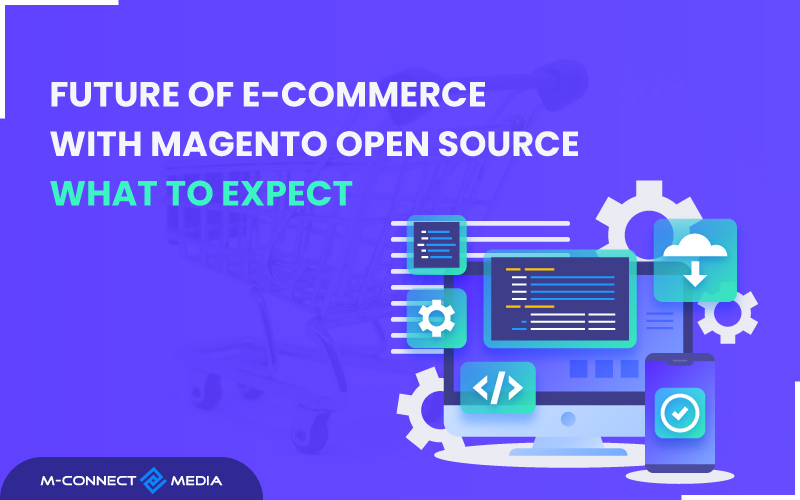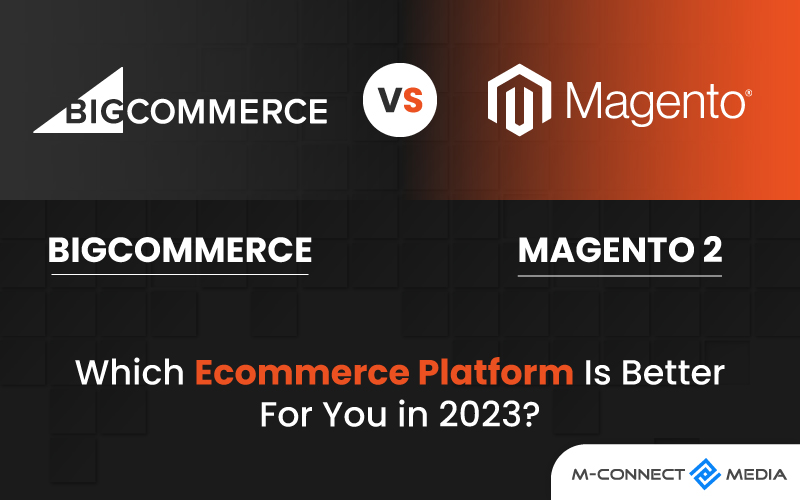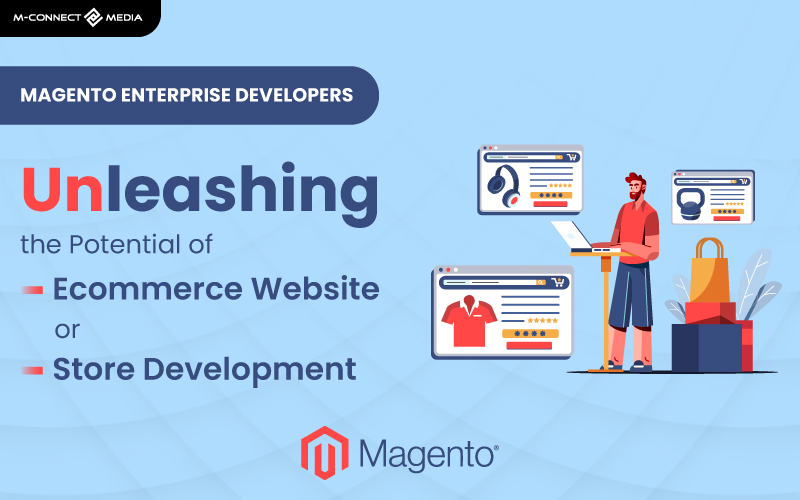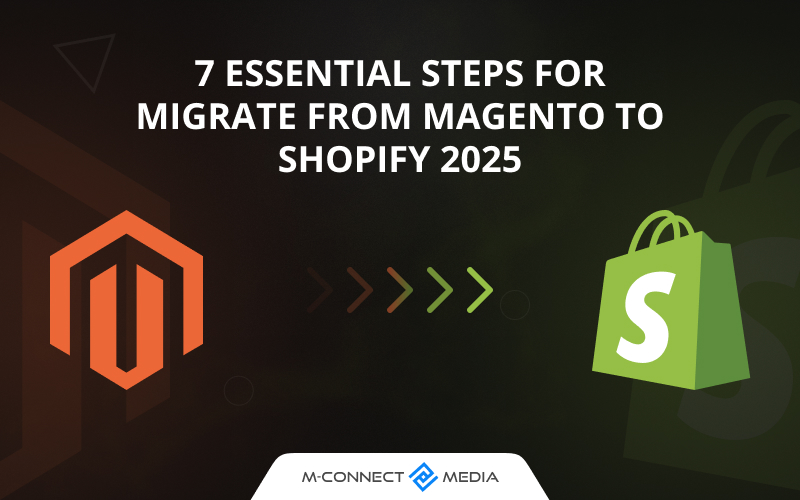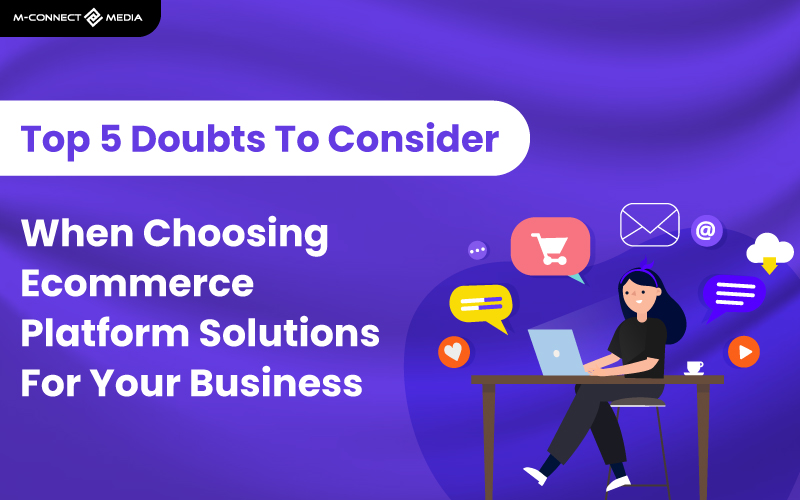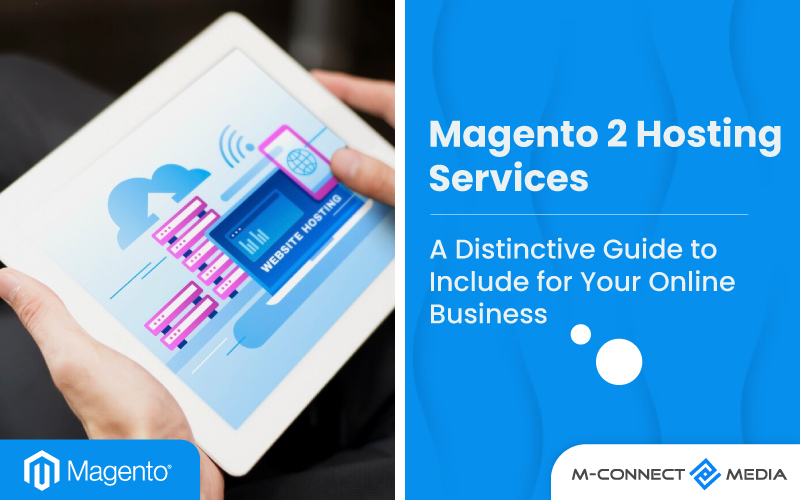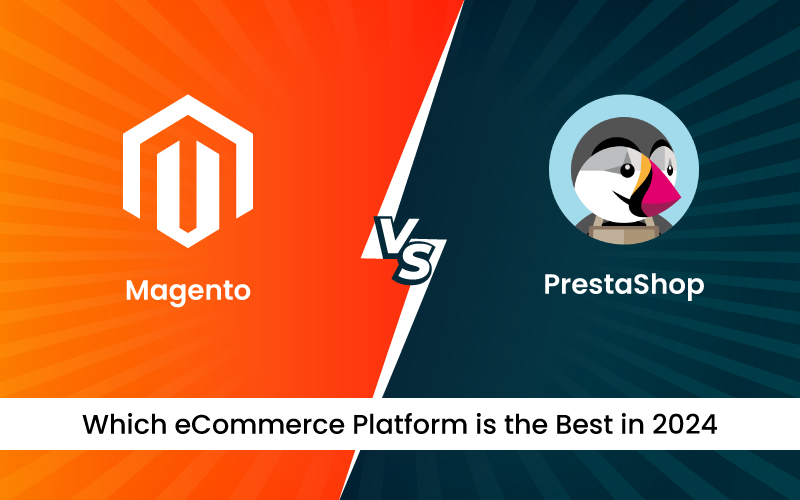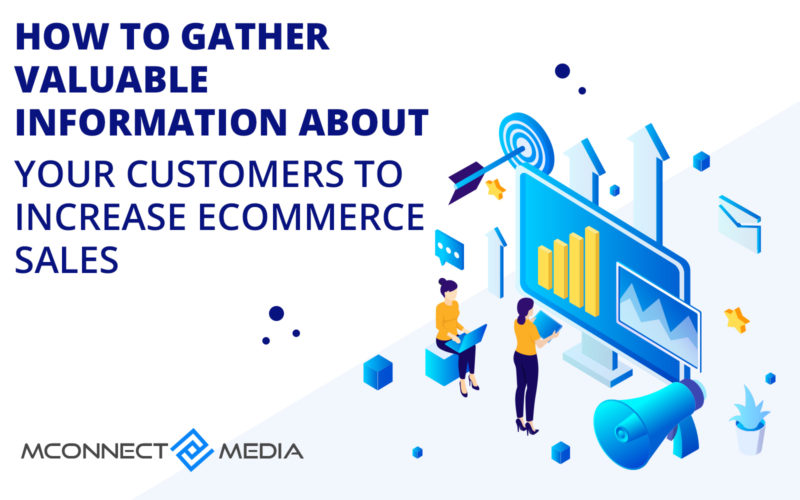Magento has risen to prominence as one of the most popular eCommerce systems. The Magento is always aiming to provide the most excellent version to its clients. Moreover, it uses new technology to keep up with the changing market.
Throughout the years, Magento has evolved into the primary eCommerce system, extensively also utilized by eCommerce shops of all sizes. Furthermore, It was purchased by Adobe in 2018, and over the years, various features, extensions, and plug-ins have been introduced to improve usage.
The rise of Magento is projected to continue in the post-COVID-19 situation, as many merchants are shifting away from traditional operations and towards the online buying experience.
If you want to remain ahead of the curve and be among the first to use this cutting-edge technology; further, you must first understand Magento’s future.
The Impact of Magento on eCommerce
Magento has had a significant influence on the eCommerce platform. It has provided consumers with a fantastic experience with world-class features and mobile-friendly themes.
Magento features like cross-sells and upsells encourage customers to make more purchases. As a result, you may increase your sales and revenue further. As per the report, Magento helps eCommerce enterprises increase their income by 10% to 80%.
This is due to Magento’s beneficial extensions and scalability, which enables businesses to attract more organic traffic to their e-commerce site. The recent acquisition of Magento by Adobe significantly enhanced the online purchasing experience.
Also Read: Must Consider Magento 2.4.6 Release Notes Before Migration – Key Features
What is the Future of E-commerce with Magento?
Magento will be the dominating online sales and customer service platform. Magento is also a highly adaptable platform that can accommodate a wide range of e-commerce firms. As a result, it has increased client interest in B2B and B2C enterprises.
Several analysts believe that Magento will quickly become the global standard for eCommerce systems. It is exceptionally adaptable and user-friendly, making it an excellent alternative for anybody wishing to launch or expand their eCommerce business.
Some of the new features that will be included in Magento’s future include:
1. Artificial Intelligence
Artificial intelligence (AI) has changed customer interactions, communication, and engagement with websites. AI also assists merchants in completely analyzing consumer behavior and implementing tailored experiences and improved engagement systems as a result.
The following Magento AI features are available to you:
- Create consumer profiles real time
- Insights on B2B and B2C transactions
- Privacy protection
- Product recommends using AI
- AI-powered live search
Adobe introduces Adobe Sensei, a new solution for improving the ecommerce experience, predictive selling, and data analysis. Sensei integrates with all of Adobe’s cloud services and may assist you in creating better marketing experiences for your clients.
2. More Personalized Marketing
According to McKinsey study, personalized selling causes 40% revenue increase. With customized and personalized marketing methods, you may customize the consumer experience.
Magento is enhancing its marketing using tools such as:
- Adobe Goal
- Platform for Real-Time Consumer Data
- Purchase online and pick up in store
- Checkout made easier with personalized payment.
Adobe Commerce is enhancing its marketing with tools such as Customized payment for simple checkout, Adobe Target, Purchase Online Pickup in Store (BOPIS), Real-time Consumer Data Platform, and others.
3. Advanced PIM Solution
Adobe Commerce partnered with Akeneo, a Product Management (PIM) expert, in October 2018. Prior to this collaboration, Magento’s PIM solutions restricted. With this collaboration, product information can now be readily gathered in a significantly better way.
Magento’s product management has been improved by Akeneo. Its primary characteristics are as follows:
- Product data may controlled via a single interface
- Manage product types, attributes, and categories
- Sync product information across all platforms
- Increase conversion rates by up to 4x
You can now integrate product data across ERP, Magento, and CMS, which streamlines approval procedures and may improve the efficiency of the product development process.
4. Headless Commerce
Headless commerce is a relatively new idea in eCommerce that includes separating an eCommerce platforms front-end and back-end. This enables retailers to design highly personalised front-end experiences that are suited to their individual requirements.
Magento will promote multichannel sales with headless commerce. Magento headless commerce’s future includes:
- Adding additional interfaces to IoT devices
- Single-page and multi-page web applications
- Apps that are mobile friendly
- Content that is consistent across all touchpoints
The back-end platform and the front-end display layer separated in this system. Moreover, Headless commerce moreover enables faster integrations and greater SEO flexibility. Many organizations are doing this to provide a better experience while without affecting backup data.
5. Progressive Web App (PWA)
Progressive web apps (PWA) enable you to provide a surfing experience similar to that of an app. Such programs can function offline and on mobile devices in the same way that native apps do.
PWA websites also load quickly, are responsive, and are cross-browser compatible. Furthermore, PWA storefronts may be created using Magento’s PWA Studio.
- A collection of tools and component libraries
- API layer for GraphQL
- Magento ecommerce development design
- Magento developer guidelines
- Continuity between channels
A PWA is a website that appears as a mobile app. PWAs provide the same user interface and experience on mobile and desktop. It may be put to the home screen of a smartphone, function offline, and provide push alerts.
6. Strengthened Security
Security has always been a big concern for ecommerce platforms. Magento has recently enhanced security measures by releasing several extensions that assist users in protecting their e-store in all aspects.
Because of the addition of new features, the platform’s security has been enhanced. Moreover, Magento developers are always trying to enhance and improve security; there will be a big improvement.
Also Read: FAQs Must Know about Magento 2 For E-commerce Store Owners
Conclusion
Magento’s software is continually upgraded, and new features are being added. Performance and security will continue to improve. Moreover, Magento has a bright future since it provides clients with innovative technology.
Magento is a robust eCommerce platform that may assist you in succeeding in the online market. You can also develop a customer-friendly online store by launching an eCommerce store and adding items and services.
Furthermore, establishing a Magento store may provide company with a powerful online presence. You can confidently establish an online empire with Magento! You may also hire our certified Magento specialists if you need professional assistance upgrading your shop with no store data loss and short downtime.

